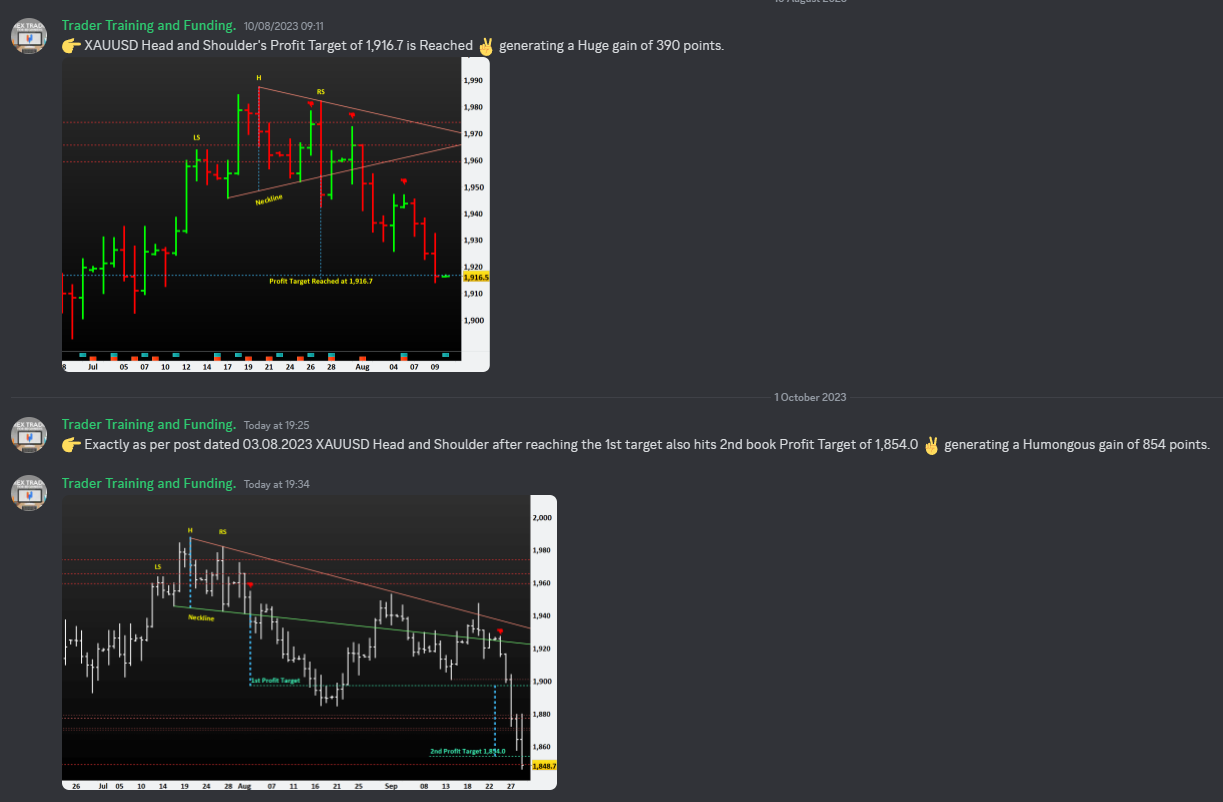Proprietary trading firms, also known as prop trading firms, are financial institutions that trade with their own capital rather than on behalf of clients. These firms typically use a variety of strategies to generate profits in financial markets, including stocks, bonds, currencies, and other financial instruments.
Organizational Structure of Prop Trading Firms
One key aspect of prop trading firms is their structure. Prop trading firms are usually set up as partnerships or limited liability companies (LLCs). This structure allows the firm’s owners and traders to share in the profits generated by the trading activities. In some cases, prop trading firms may also have external investors who provide capital for the firm’s trading activities.
Trading Desks and Teams
The trading desks within prop trading firms are typically divided into different teams, each focusing on a specific asset class or trading strategy. These teams may include equity traders, fixed income traders, currency traders, and quantitative analysts, among others. Each team is responsible for developing and executing trading strategies to profit from market movements.
Autonomy and Flexibility
Prop trading firms are known for their high degree of autonomy and flexibility. Traders within these firms have the freedom to pursue their own trading ideas and strategies, within the framework set by the firm’s risk management policies. This flexibility allows traders to take advantage of market opportunities and respond quickly to changing market conditions.
Research and Development
In addition to trading activities, prop trading companies also engage in research and development to improve their trading strategies. This may involve using data analytics, machine learning, and other technologies to identify profitable trading opportunities. Prop trading firms also invest in training and development programs to help traders enhance their skills and knowledge.
Risk Management
Risk management is a critical function within prop trading firms. Since prop trading firms trade with their own capital, they are exposed to the risk of significant losses if their trades turn against them. To manage this risk, prop trading firms use a variety of risk management tools and techniques, including position limits, stop-loss orders, and hedging strategies. Risk managers within prop trading firms are responsible for monitoring the firm’s exposure to various market risks and ensuring that trading activities are conducted in accordance with risk management guidelines.
Conclusion
Overall, prop trading firms play a significant role in the financial markets by providing liquidity, contributing to price discovery, and facilitating efficient trading. By understanding the structure and function of prop trading firms, traders and investors can gain insights into the workings of these institutions and the strategies they employ to generate profits in financial markets.